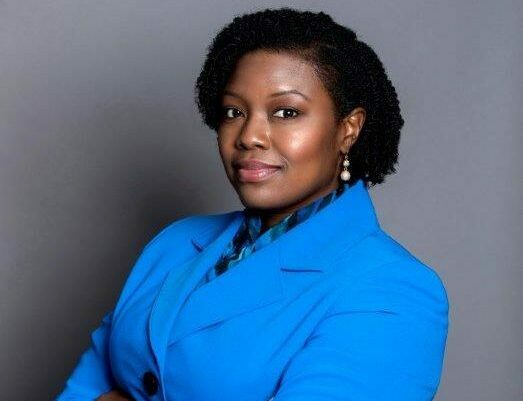Celebrating public defense lawyers (March 18th marks Gideon’s Day, the anniversary of the Supreme Court’s ruling in Gideon v. Wainwright) is crucial, but merely acknowledging their dedication isn’t enough. These stalwart advocates tirelessly defend individuals and communities, often exceeding their core duties.
The attorneys working as public defense lawyers in state, local, federal, military and tribal courts are true warriors. Beyond the courtroom, they provide essentials like clothing, meals and transportation for clients. They meticulously examine evidence, research case law and locate witnesses, all while combating wrongful convictions and excessive charges. They stand tall in court every day fighting for their clients, and with it, for our nation’s constitution and its commitments to equality, justice and due process.
However, the system that public defenders operate within is failing them, their clients and society. For decades, we turned a blind eye when pharmaceutical companies got rich, pushing addictive and deadly opioids into medicine cabinets while continuing to ratchet up penalties for individuals possessing and sharing those same chemical compounds. We chose to pour money into outfitting law enforcement officers with military weapons and sending them to war with their community while decimating funding and support for the community’s mental health, employment, arts, sports and education programs.
Public defenders react to what the prosecution presents. They lack control over the influx of cases stemming from unaddressed societal issues. Overloaded and underfunded, they resemble firefighters battling an unrelenting blaze.
Compounding the problem is the unequal distribution of resources. Despite the overwhelming reliance on public defense (80 percent), their budgets are often paltry compared to prosecution funding. Public defenders, despite equal qualifications, are frequently underpaid and under-resourced compared with their prosecution counterparts. Public defense systems frequently receive less than half the budget allocated to the prosecution.
Private attorneys taking court appointments fare no better. They are frequently expected to operate under restrictive caps and flat-fee contracts that translate to minimum wage pay when they provide constitutionally effective representation. Even when paid hourly, defenders are paid rates that have remained stagnant for decades despite rising costs.
Most alarming are attempts to curtail public defense autonomy. Efforts in various locations aim to bring defense systems under prosecutorial control. Public defenders need the unfettered ability to challenge the government’s overreach, incomplete narratives and unjust practices.
In places as different as Aurora, Colorado, and Baton Rouge, Louisiana, efforts are underway to place defense systems under the control of the very governments that are prosecuting their clients. Stripping them of their independence in the name of efficiency or cost-cutting only makes our communities less safe and our systems less just.
Knee-jerk reactions to crime — adding offenses, increasing arrests and harsher penalties — without a robust defense infrastructure are reckless and shortsighted. States from Wisconsin to Washington, Maine to Mississippi, and Kansas to Colorado already report massive shortages of public defense lawyers. Without a trained, resourced and robust defense community to meet this growth, cases are destined for excessive delays and inaccurate outcomes, while simultaneously undermining public trust in our legal institutions.
Public defenders are the bedrock of our legal system, carrying the weight of their clients’ fates, the system’s flaws and indifference, and the promise of justice. We must bolster public defense systems with equitable resources to guarantee genuine justice for all.



